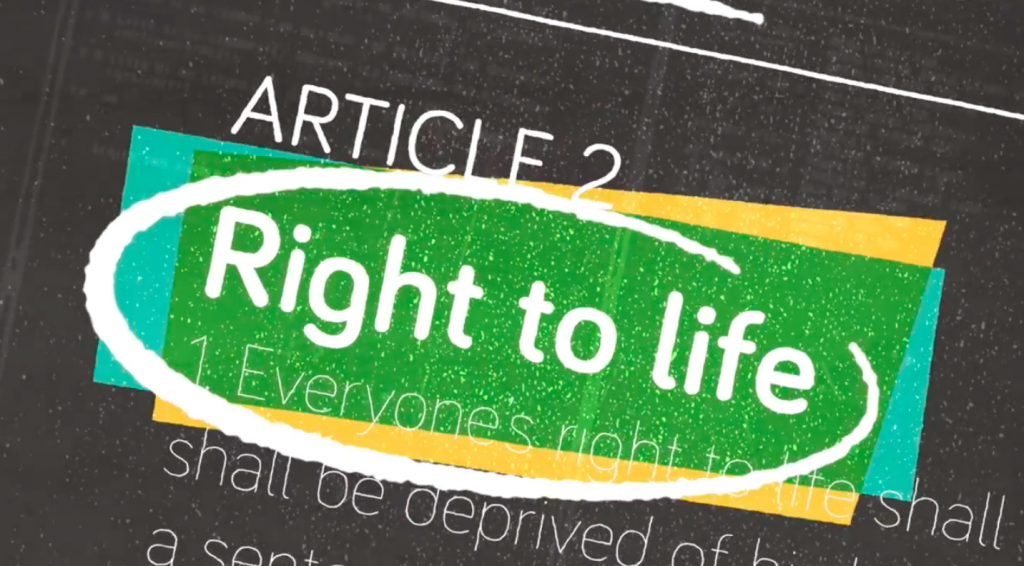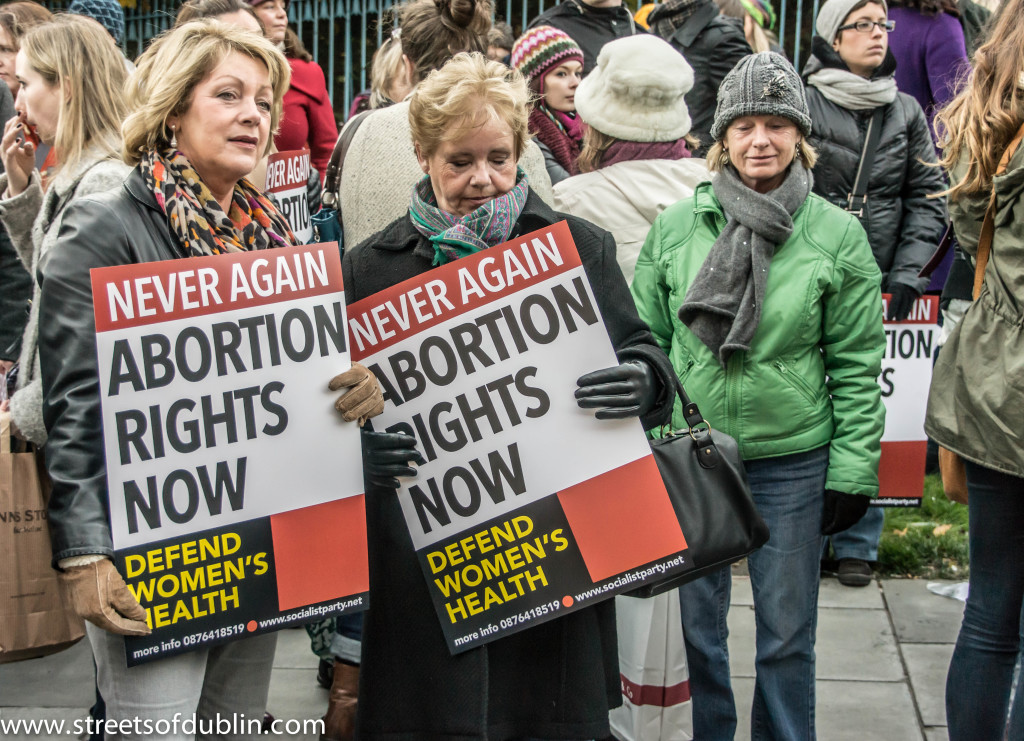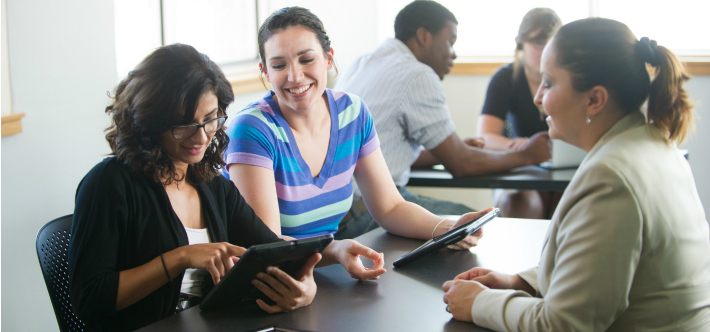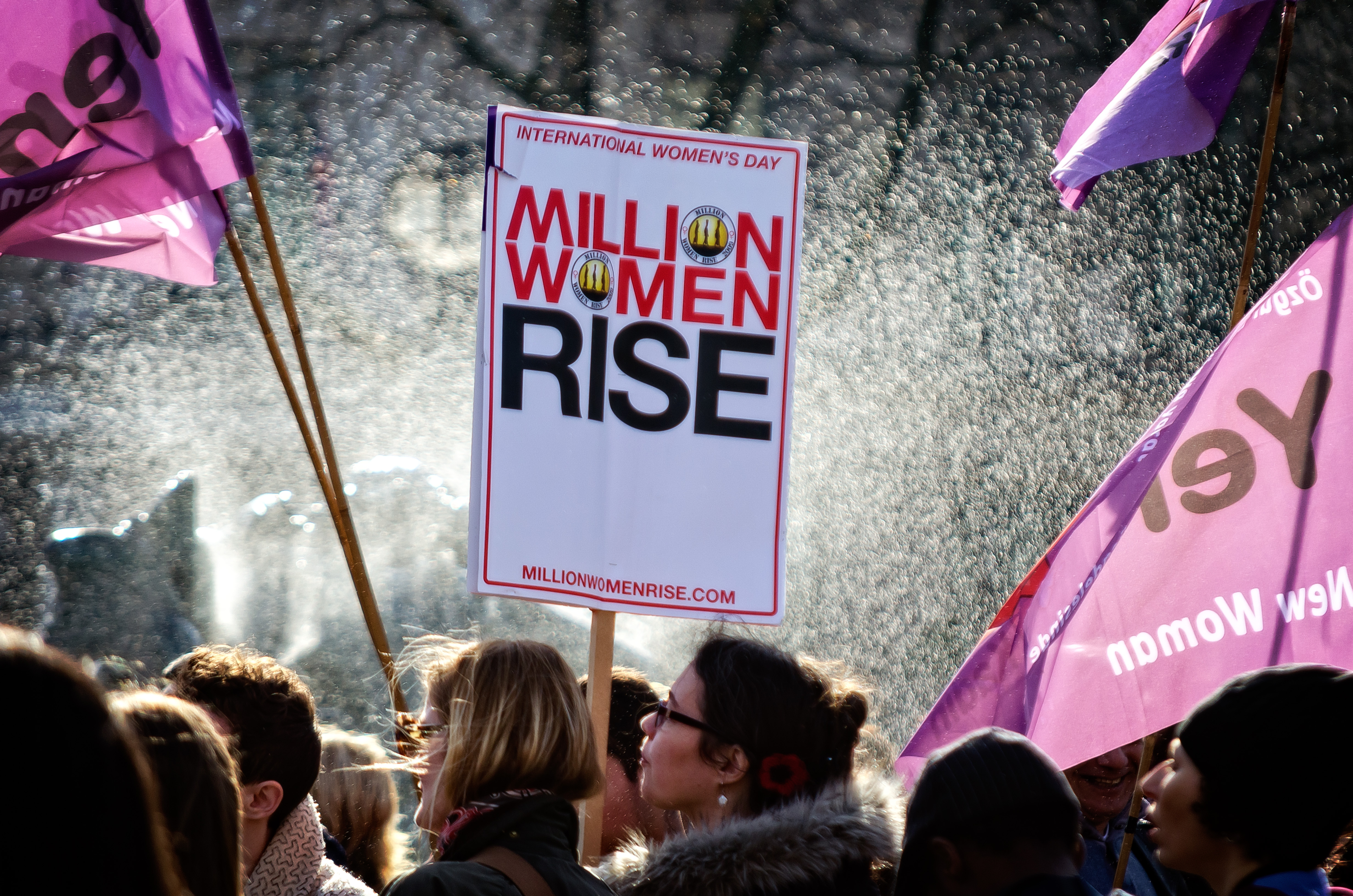On international human rights day, Sam Smethers, Chief Executive of the Fawcett Society, describes how human rights and women’s rights are interlinked. The Fawcett Society is the UK’s leading charity for women’s equality and rights at home, at work, and in public life.
If we did not have the European Convention on Human Rights (ECHR), we would need to invent it.
Such is the fundamental nature of what it enshrines. It articulates what we believe and hold true about humanity. These rights are universal and apply equally to women and men – everyone in fact. Even criminals, terrorists and those who some would say don’t deserve such freedoms. It’s often this application of the European Convention which gives it a bit of a bad name. Tricky thing universality. But what role for the ECHR in women’s rights and gender equality?
Ending violence against women
The UN’s 16 days of activism against gender-based violence reminds us that for women, the most fundamental of human rights, the right to life, is routinely disregarded. The statistic of 2 women each week in the UK dying at the hands of their partners or ex-partner is now so familiar it possibly fails to shock us, but it is truly shocking. The lack of specialist services for women survivors of domestic violence is also shocking. An EU directive, enshrined in UK law in November, sets a new legal standard and specifies that women and children who experience violence are in particular need of specialised services. Yet we know that all over the country specialist services for women, particularly those for BAME women such as Imkaan are either under threat, or, like Eaves are already shutting their doors. Specialist services are effectively being undercut by non-specialist service providers. From a women’s rights perspective such a loss of provision is deeply worrying.
Landmark abortion case
Article 14 of the European Convention on Human Rights prohibits discrimination, but it’s often the other enshrined rights which prove significant for women. Just this week, the right to respect for private and family was cited when Mr Justice Horner produced a landmark judgment in Northern Ireland. He concluded that “the Article 8 rights of women in Northern Ireland who are pregnant with fatal foetal abnormalities or who are pregnant as a result of sexual crime are breached by the impugned provisions.”
He interpreted the right to privacy and family life as being about personal autonomy, and highlighted the injustice of a law which puts poorer women in danger:
“There can be no doubt that the law has made it much more difficult for those with limited means to travel to England. They are the ones who are more likely to be greatly affected in their ability to terminate their pregnancy if they cannot obtain charitable assistance. The protection of morals should not contemplate a restriction that bites on the impoverished but not the wealthy. That smacks of one law for the rich and one law for the poor.”
Human rights in the workplace

It may not be the first place we think of when it comes to human rights but, yes, rights at work are relevant here too. Let’s think about sexual harassment, an under-reported and often hidden issue. A survey found that 6 in 10 women found that a male colleague had behaved inappropriately towards them. This is often shrugged off or simply ignored. But sexual harassment like all sexual violence is about power. The powerful (often but not always a man, sometimes a more senior colleague) abusing that position and violating the human rights of the other (usually but not always awoman, may be a junior colleague). A once pleasant working environment can then become a hostile and threatening place. Our equality legislation does offer some protection, but the prospect of bringing a claim is undermined by the risk of losing your job and employment tribunal fees of £1200 – which have seen cases drop by 80%.
Owning our human rights
Our human rights framework affords us important protections. But in order for us to be able to realise our fundamental human rights they need to be owned by us rather than regarded as something for ‘other’ people.
It is a tragedy that human rights which are there to protect us all, women and men, are somehow seen as the preserve of others. It is this fundamental untruth that we have to challenge and celebrate their universality.
Women everywhere rely on them.






